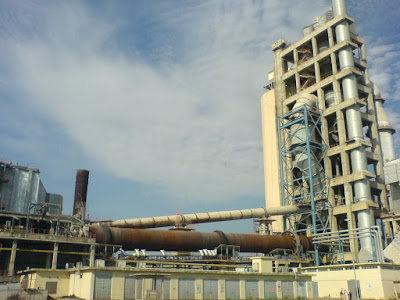Cement Production: Ending the cycle of scarcity

Lafarge Pakistan Cement Recently, the Federal Government announced its preparedness to become self sufficient in cement production as manufacturers are expected to begin production in their respective expansion projects. While this has received applause, Nigerians are on the lookout for cheaper product, writes Alexander Chiejina If policy pronouncements alone could translate into good governance, the present administration would have been riding on high public approval rating. One of such pronouncements is the recent promise by President Goodluck Jonathan to stop the importation of cement into the country by the first quarter of 2012. This statement is in several quarters as a move towards making the nation self-sufficient in cement production for export to countries within the West African sub region, given the incentives in place to encourage trading and the African continent at large. With worldwide cement consumption projected to reach a record 3859 metric tonnes by 201
